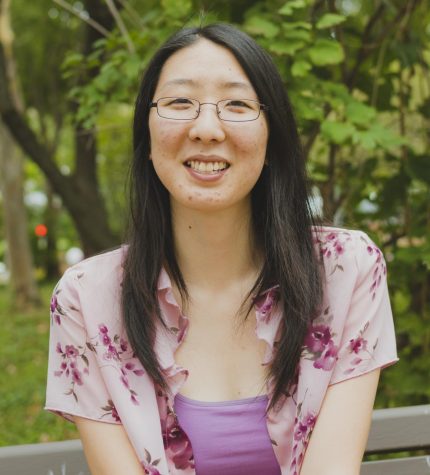Committee proposes to increase access to menstrual hygiene products
February 24, 2017
Access to menstrual hygiene products on campus may increase as soon as next fall.
A collaborative committee has drafted a proposal to make the products available in the most accessible restrooms of buildings such as Tinkham Veale University Center, Veale Athletic Center and most, if not all, buildings where classes are held. The goal of the proposal is to provide members of the Case Western Reserve University community who menstruate safe, convenient access to the products for free, potentially funded through donations.
The committee is made up of various campus organizations including the Undergraduate Student Government, the Residence Hall Association (RHA), the Office of Multicultural Affairs (OMA), the Flora Stone Mather Center for Women and the LGBT Center, among others.
“[The committee] would like to see these items in the bathrooms of all campus buildings, at the very least on the most accessible floor, that is the ground floor, of TVUC, third floor of Nord Hall and Sears Hall,” wrote Cameron Childers, the RHA’s executive vice president of Administration and Finance, in an email.
He explained that the proposal involves placing products such as tampons, pads and pantyliners in bathrooms across campus for those that menstruate. More hygiene products, including Diva cups, may also become available in the Flora Stone Mather Center for Women.
AmariYah Israel, the department coordinator for the LGBT Center and OMA, said that there was a talk about making many products available in “vending machines, residence halls and department offices.”
“The committee wants to be sure that all community members who menstruate have access to menstrual products in a location that is safest for them,” she said in an email. “The committee is explicitly in support of providing this access to trans men and non-binary individuals.”
Childers emphasized that the impact of having these products across campus would be very positive for those who menstruate and may not currently have adequate access to necessary hygiene products. He explained that increasing access to the products will make the campus “more inclusive of those who menstruate and those who may not be able to afford these products on their own.”
“The fact that this committee wants to provide menstrual hygiene products to people at CWRU … is really considerate,” said first-year student Audrey Wegling. “It’s also good that they are extending this effort beyond just women’s restrooms, because a lot of people who menstruate don’t or can’t use those facilities.”
The committee is still finalizing many details of the initiative. The project, Childers said, would most likely source its funding through donations to CWRU from alumni. The exact budget for the initiative is still in the drafting process.
Childers explained that the plan is still in the works and that it will take some time to implement this initiative across campus. He hopes that the project will begin in the fall.




